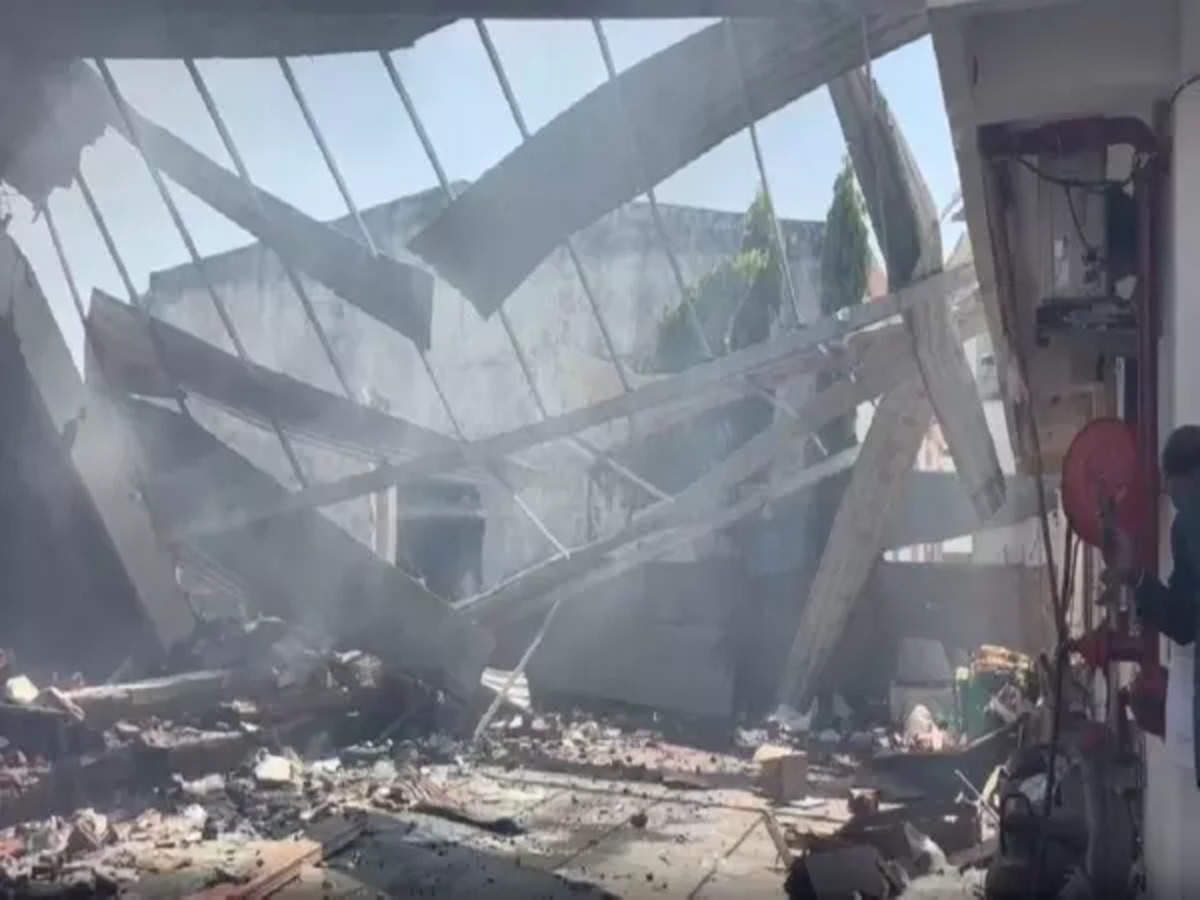Indian Security on High Alert After Bhutanese Refugees Deported from US Are Arrested in Nepal : Creates Uncertainty
Agencies, March 31, 2025 : Indian security forces along the Indo-Nepal border were put on high alert on Sunday after three Bhutanese refugees, deported from the United States, were arrested in Nepal’s Beldangi refugee camp. These individuals, Ashish Subedi (36), Santosh Darji (31), and Roshan Tamang (36), had been expelled from the U.S. for involvement in criminal activities and were first handed over to Bhutan. However, the Bhutanese government refused to accept them, prompting their transfer to Nepal via India.
The trio entered Nepal on Friday night through the Panitanki border crossing, a small and often less-secure point along the Indo-Nepal border. According to sources, the three refugees paid brokers Rs 10,000 each to help them cross the Mechi River near the Khoribari border point. After successfully entering Nepal, they made their way to the Beldangi refugee camp to meet relatives. However, their arrival triggered suspicion, and Nepalese police detained them on Saturday afternoon, eventually handing them over to immigration officials in Kakarbhitta, along the Indo-Nepal border.
Authorities have indicated that the three deportees will be pushed back to Bhutan via the same route. Following the arrests, sources revealed that a total of ten deported individuals had entered Nepal, with seven of them remaining unaccounted for. It is suspected that the missing individuals are hiding in an undisclosed location inside Nepal, raising concerns about the larger group’s movements and the challenges facing authorities.
Suresh Acharya, Assistant Chief District Officer of Jhapa, confirmed that efforts are underway to send the illegal entrants back to Bhutan. “They will be returned via the same route they came,” he said, referring to the ongoing diplomatic steps being taken to resolve the situation.
The deportation of these individuals follows a pattern of U.S. deportations of Bhutanese refugees involved in criminal activities. These individuals had been resettled in the U.S. under the third-country resettlement program, but their criminal behavior led to their removal. The U.S. authorities are preparing to deport more refugees, with 40 such individuals identified for expulsion. Ten individuals were sent back to Bhutan on Friday, marking the latest chapter in a complex diplomatic issue.
According to the U.S. Immigration and Customs Enforcement (ICE), the deportees were apprehended based on long-standing criminal records. These individuals had been involved in criminal activities as far back as 2012, with more than 30 Bhutanese refugees from Pennsylvania currently held in ICE custody. Their deportation has triggered uncertainty, as they have no clear legal standing in Bhutan, nor do they have citizenship in Nepal, adding to the confusion about their future.
Rights activists, including T.B. Rai from Nepal, have expressed concern over the human rights of these deported individuals. “Bhutan does not recognize them as citizens, and they have no legal basis to remain in Nepal,” Rai stated. “In such a situation, who will defend their human rights?” The situation is further complicated by the lack of clarity regarding their status and the potential for their return to Bhutan.
The Nepalese government has faced increasing pressure to address the legal status of these individuals, as they entered Nepal illegally and are now subject to deportation. Despite Bhutan’s refusal to accept them, there are discussions about the potential role of India in managing the deportation process, with Indian authorities monitoring the situation closely.
As of now, the three arrested individuals are being held in Kakarbhitta, but the timeline for their return to India remains unclear. Local sources suggest that their deportation could be delayed as authorities negotiate the final steps in their return.
This situation highlights the ongoing complexities surrounding the Bhutanese refugee crisis, particularly for those who have been resettled in other countries and later faced legal issues. With more deportations expected in the coming months, the fate of these individuals remains uncertain, with many left to wonder where they will ultimately find refuge.
In related news, as part of broader security measures, Indian authorities have intensified vigilance along the Indo-Nepal border, especially at the Panitanki and Kakarbhitta crossings, in response to the ongoing flow of deported refugees. The current developments underline the growing diplomatic tensions between Bhutan, Nepal, and the U.S. as they try to navigate the legal and humanitarian implications of the refugee situation.
The issue continues to create a state of uncertainty for the Bhutanese refugee community, both in Nepal and among those resettled in other countries like the U.S., where over 100,000 Bhutanese refugees live, with a large number in Pennsylvania. Activists are calling for immediate international intervention to address the root causes of this complex problem and to safeguard the human rights of the affected individuals.






